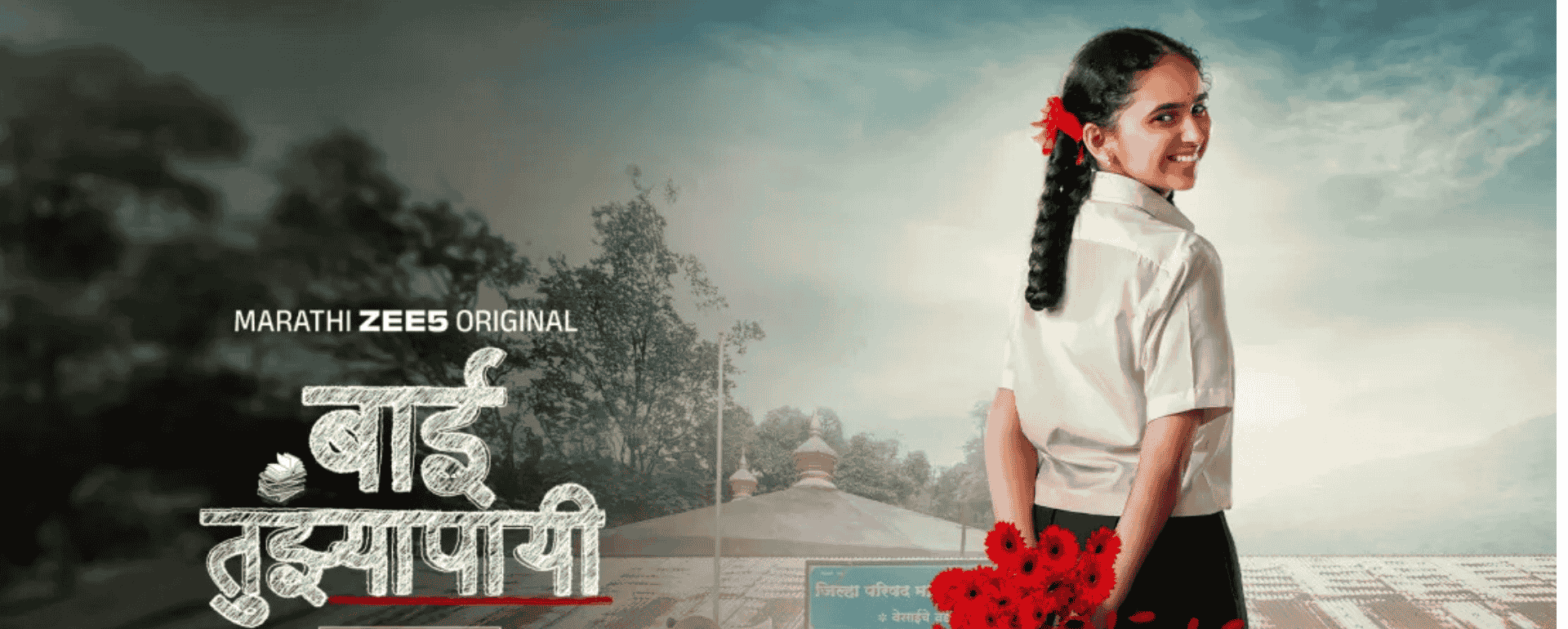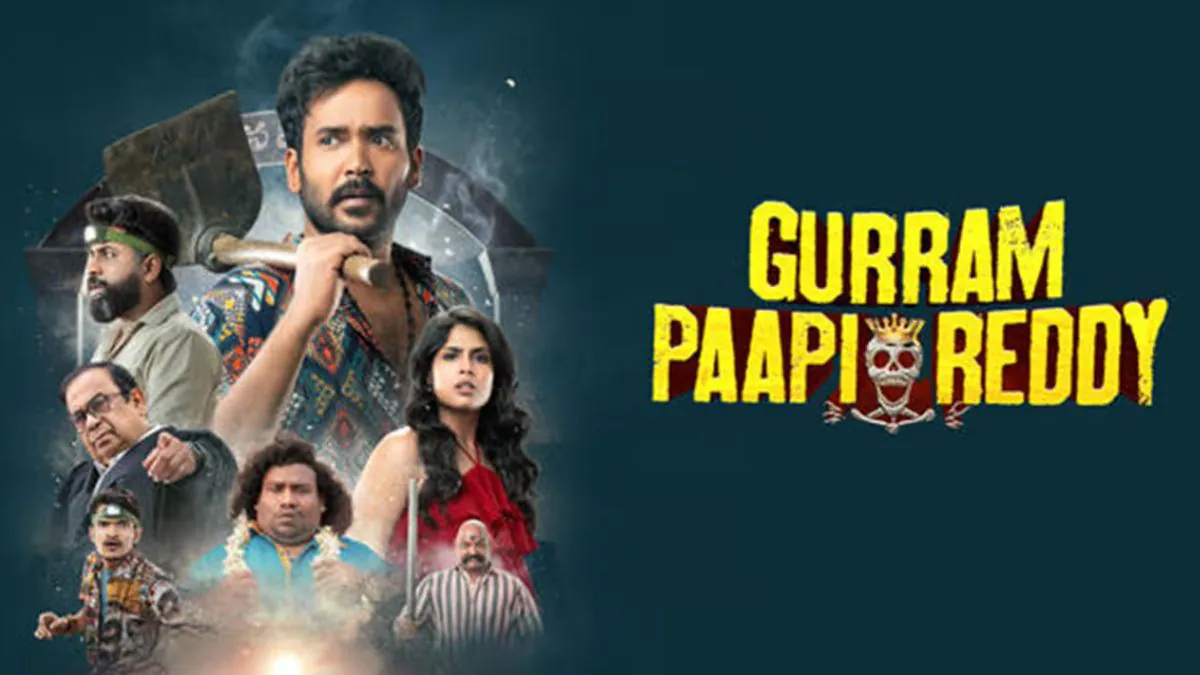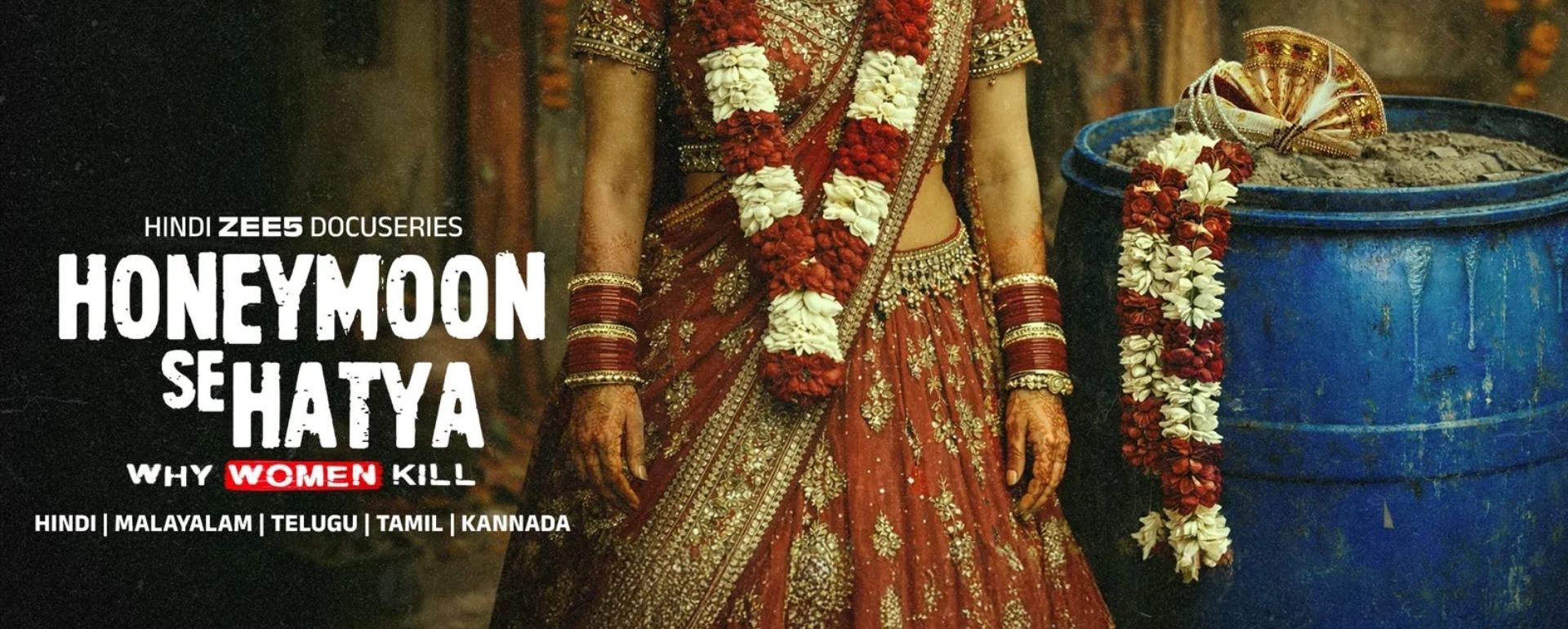Some stories don’t shout; they persist. Baai Tujhyapayi lands exactly like that—seven lean episodes that track a teenager’s refusal to be reduced to ritual, and a mother who chooses courage over convention. Now that the web series is streaming, this is your clear, spoiler-free guide to what’s new, how the episodes are structured, and why this Marathi period family drama is built to linger.
Start with the series home if you haven’t already: cue up Baai Tujhyapayi on its show page, then keep your queue fresh via our TV Shows hub, dip into Drama web series for thematically adjacent titles, or browse more regional storytelling on Marathi web series one quick hop that keeps discovery seamless.
What’s New Now That It’s Streaming
All seven episodes stream today. Marathi audio comes with English subtitles for all viewers. The web series has a 31 October 2025 release along with genre tags—Drama / Family / Period Drama—that fit the show’s careful, process-based narrative telling method. If you’re joining late, that combination means you can watch with the family, pause to talk, and come back without losing the thread.
The World Of Vesaicha Vadgaon
The premise is direct and unnervingly familiar: in Vesaicha Vadgaon, girls are married off at puberty as a matter of custom. Ahilya chooses a different future. She hides the onset of her first period, keeps studying, and names her goal in plain words—a doctor’s coat, not a bridal veil. The tension doesn’t come from shock cuts; it grows in everyday spaces: a classroom roll-call, a temple step, a courtyard conversation that decides a life’s trajectory. That steady tone is the series’ spine.
Episode Guide (No Spoilers)
You can watch straight through or pick by theme; each chapter is self-contained yet feeds the whole.
-
E1 — Vesai (30m): A clean entry point. Stakes are sketched without melodrama; the rules of the village settle into view.
-
E2 — Saraswati (28m): Education as quiet defiance; the cost of showing up every day.
-
E3 — Lakshmi (32m): Money, morality, and the math of survival inside a traditional household.
-
E4 — Sharada (25m): The social vocabulary of “what will people say?”—and how women carry it.
-
E5 — Pujarin (24m): Faith, gatekeeping, and the lines a community draws around girlhood.
-
E6 — Mangal (38m): Pressure points intensify; we see how systems protect customs, not children.
-
E7 — Ahilya (33m): The emotional payoff without theatrics: choices tallied, consequences faced.
The runtimes are compact—24 to 38 minutes—so a one-sitting watch is realistic, but the episodes also reward a slower pace if you prefer to pause and discuss.
Cast: Small Choices, Big Weight
The performances are calibrated for precision rather than showy edges:
-
Sajiri Joshi is Ahilya, all resolve and watchfulness—she makes restraint read as resistance.
-
Kshitee Jog portrays Laxmi. She plays a mom who learns risk beats tradition.
-
Siddhesh Dhuri (Aaba), Shivraj Waichal (Jaysingh), and Vibhavari Deshpande (Mangal Bai) create a core cast that catches the meaning behind one glance, the weight behind total silence. Anil More, Anil Kamble, and Gautami Kachi deliver strong, real acting that helps the village seem full, not empty or fake.
Direction & Writing: Clarity Over Noise
Nipun Dharmadhikari directs with a preference for legibility: you always know who’s speaking, who’s listening, and why the moment matters. The camera doesn’t chase shock; it holds. The writing—by Mukta Bam and Nikhil Khaire—keeps speeches short and lets documents, doorways, and deadlines do the narrative work. It’s the rare social drama where paperwork becomes a plot engine: forms to fill, signatures to secure, attendance to defend.
Why It Works After Release
Now that you can watch all seven, a few patterns become clear:
-
Method, not melodrama: The show treats education as a right that must be proven daily—each class attended is a scene turn; each exam form, a beat of suspense.
-
Mothers as strategy, not background: Laxmi isn’t a moral prop; she’s a tactician. The series maps how maternal instinct becomes a plan.
-
Language as fidelity: Staying in Marathi isn’t just aesthetic—it preserves the precise social grammar of advice, pressure, and pushback. Subtitles do the heavy lift without sanding away meaning.
How To Watch (And How To Pace It)
If you’re a binge-and-discuss viewer, go E1 to E7. If you prefer themes, start with Saraswati and Lakshmi for the education–economy axis, then circle to Pujarin and Sharada for custom and control, closing with Ahilya. Either way, the structure won’t punish you for pausing—this is a series designed to hold up under conversation.
The Takeaway
Baai Tujhyapayi is not a speech; it’s a sequence. That’s why it stays with you. By the time the seventh chapter closes, you haven’t just watched a fictional village; you’ve learned how rules travel—from temple courtyards to school gates to living-room ultimatums—and how a teenager can interrupt that journey with nothing more than a timetable, a pen, and a mother who decides enough is enough. Stream it now, and let the small decisions accumulate.
Bio of Author: Gayatri Tiwari is an experienced digital strategist and entertainment writer, bringing 20+ years of content expertise to one of India’s largest OTT platforms. She blends industry insight with a passion for cinema to deliver engaging, trustworthy perspectives on movies, TV shows and web series.





